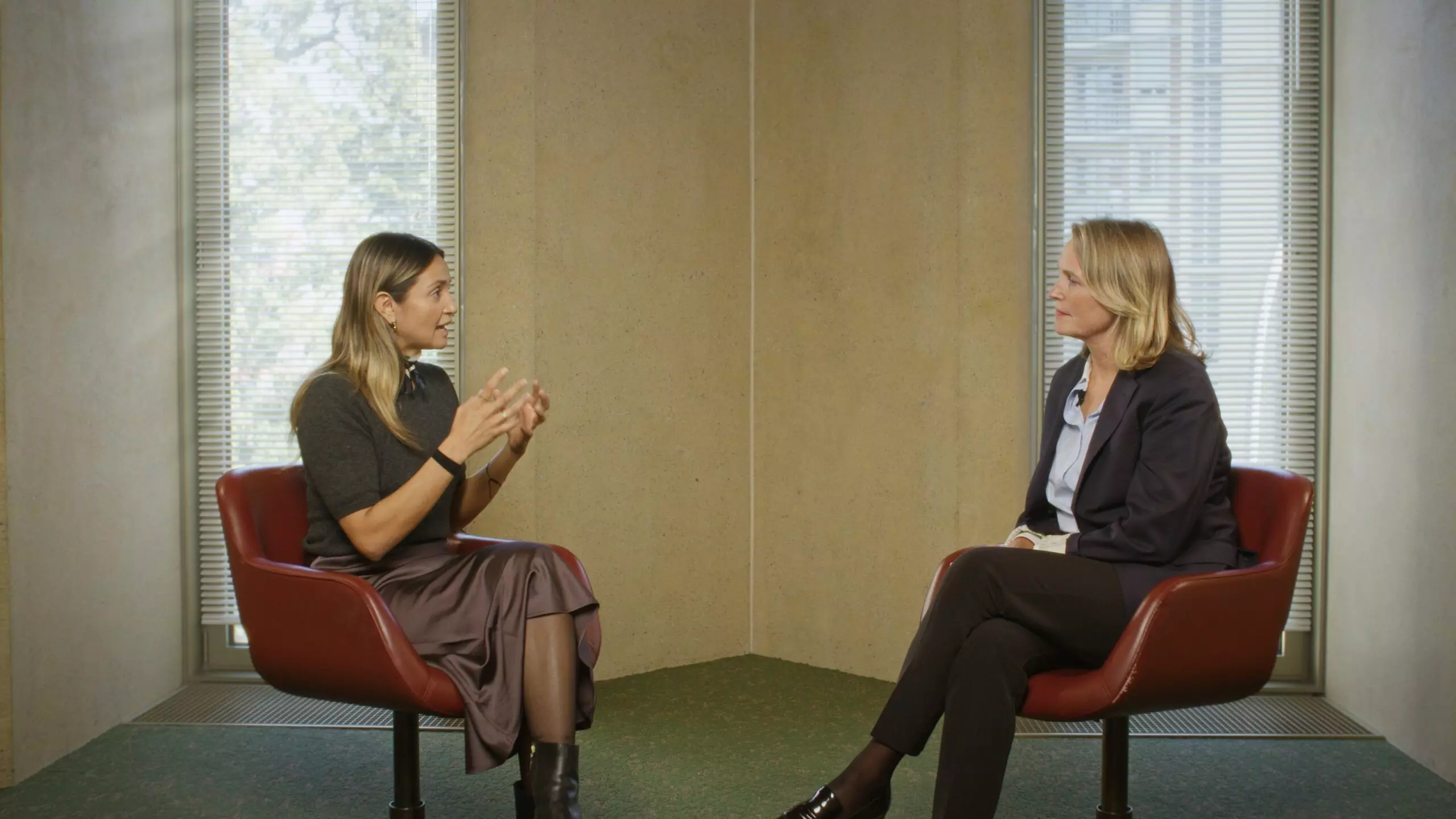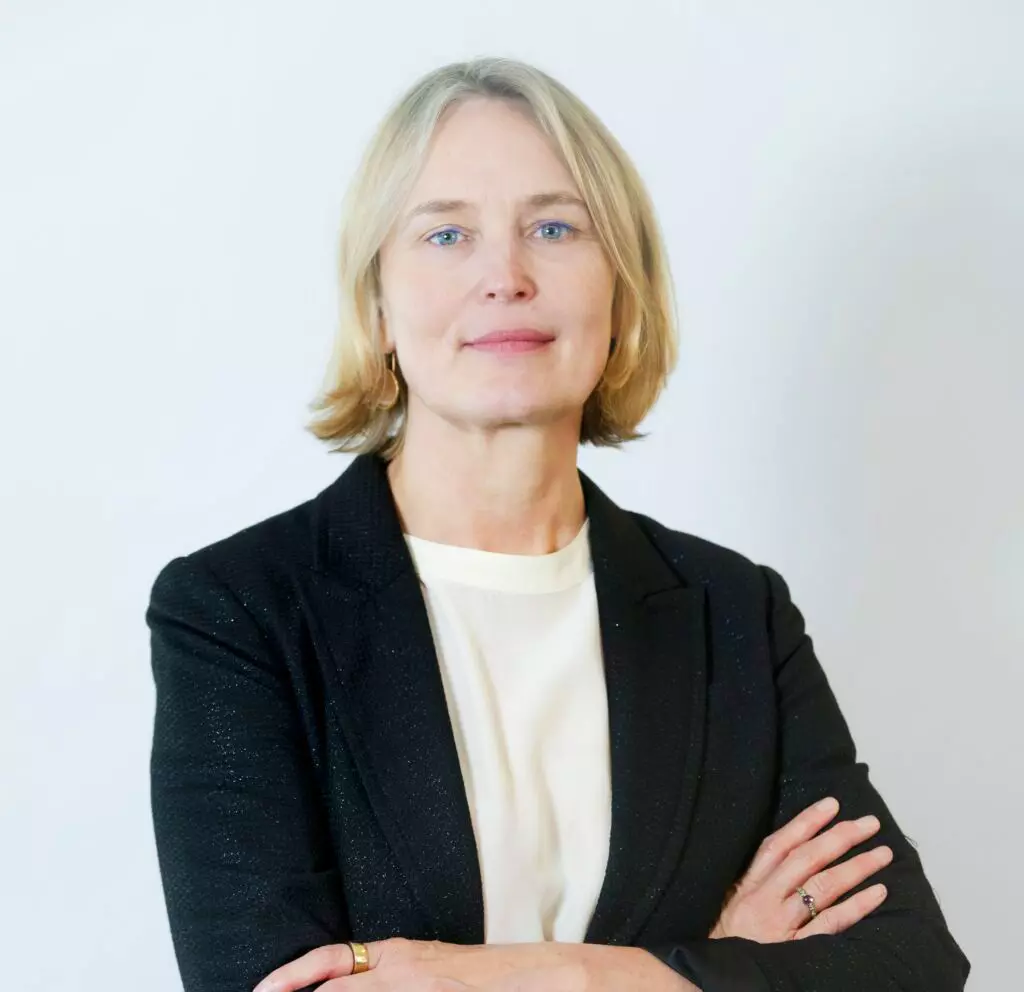
Is money the most impactful asset of wealth owners? Not only, says a new multicapital playbook for private wealth.
Launched in Davos earlier this year, the Swiss Impact & Prosperity Initiative (SIPI) wants to move Switzerland beyond box-ticking sustainability toward a shared, pragmatic goal: enduring prosperity—and the coalitions to deliver it. Katell Le Goulven interviews Stephanie Tauber Gomez from BLab Switzerland at Building Bridges.
SIPI, in a nutshell
Katell le Goulven (InTent): What is SIPI—and why launch it now?
Stephanie Tauber Gomez (B Lab Switzerland & SIPI): SIPI stands for the Swiss Impact & Prosperity Initiative. The idea is simple: we need a shared, positive destination—enduring prosperity—and a way to work together to get there. SIPI proposes that destination and builds the collaboration architecture to move us from fragmented efforts to coherent action across Switzerland. The initiative is powered by B Lab Switzerland and was kicked off in Davos in January 2025.
KLG: “Prosperity” can be a slippery word. How are you making it concrete?
STG: We’re going beyond GDP and profit to a broader definition of prosperity—one you can actually work with. We’ve been co-creating this with stakeholders and turned it into a practical compass, so leaders aren’t just asking, “Is it profitable?” but also, “Does it strengthen social cohesion? Keep us within planetary boundaries? Build resilience?” That’s what our prosperity compass is for: helping boards and executives weigh those questions alongside financials.
KLG: You’ve been running consultations since Davos. What’s emerged from that process?
STG: In a very Swiss way—bottom-up, consensus-oriented—we convened policy-makers, businesses, investors, academics and civil society to co-define the pillars of prosperity and the enabling drivers for collaboration. That stakeholder work has guided our roadmap and the lighthouse missions we’re now standing up. Think of Switzerland’s federal, participatory system: collaboration is a feature, not a bug. SIPI channels that culture toward a shared prosperity agenda.
Switzerland’s federal system makes collaboration a feature, not a bug—we’re channelling that culture toward a shared agenda.
KLG: Can you give us a sense of what these lighthouse missions entail?
STG: One we’re shaping is “Living Better and Longer.” It looks at health as an investment, not just a cost. With partners like Promotion Santé Suisse, we’re exploring how preventive healthcare can be designed and incentivised—so boards start asking, “Is our strategy reducing preventable disease and healthcare costs?” That means new KPIs, different procurement choices, and a clearer pipeline of investable opportunities tied to well-being.
KLG: Finance is always a pinch point. Where does capital fit in?
STG: Capital is one of our main “enabling drivers.” This year at Building Bridges we convened the Transformative Finance Coalition (TFC)—banks, asset managers, regulators, NGOs and innovators—to tackle the bottlenecks that keep ESG data and real-economy needs from translating into capital allocation. It’s not about launching “yet another fund,” but about orchestrating financial flows to break systemic barriers and scale what works.
KLG: Switzerland already has several impact-finance platforms. How is TFC additive?
STG: We’re not reinventing the wheel—we’re connecting it. Switzerland has strong coalitions; the challenge is learning across cantons and initiatives and building on what already exists instead of restarting from scratch each time. Our role is to convene those actors, surface what’s working, and create common roadmaps they can deliver together.
It’s not about launching yet another fund; it’s about orchestrating financial flows to break systemic barriers.
KLG: What has SIPI changed so far?
STG: We launched in January—so this is early days—but we’ve already moved from loose dialogue to structured co-creation: a shared prosperity frame, stakeholder working groups, and the first lighthouse missions under design. The point is to go from strategy on paper to actionable pathways with named owners and financing routes. That’s the work we’re accelerating now.
KLG: And what’s next on the timeline?
STG: Two things. First, continuing the action labs that turn the prosperity pillars into investable, scalable projects. Second, preparing for our next major milestone in Davos 2026, where we’ll present three lighthouse missions ready for broader participation—so members and non-members alike can plug into implementation.
KLG: Last question: if I’m a Swiss company reading this, why join?
STG: You can engage at multiple levels. Use the materials to stress-test your strategy against prosperity outcomes. Join an expert group where you have depth. Or become part of a lighthouse mission—for example on circularity or preventive health—so you’re tackling the same systemic hurdles together rather than alone. That’s how Switzerland becomes a living lab for prosperity, and how your efforts start to add up.
Speakers


Stay updated
Register to InTent newsletter to stay informed on our programmes, events and latest news

